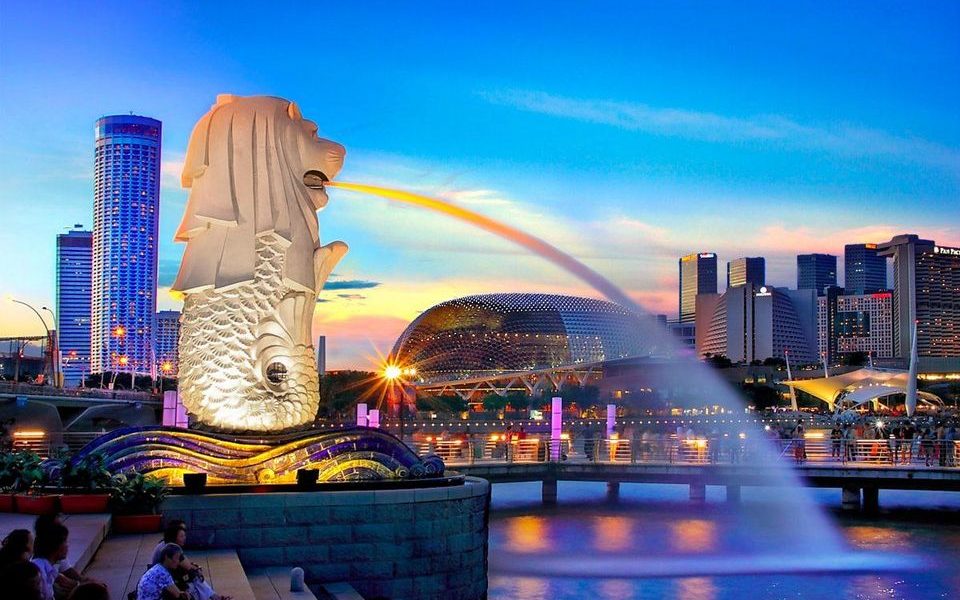Singapore has implemented a multifaceted approach to combat corruption, which has made it one of the least corrupt countries in the world. Here are some key measures:

- Strong Legal Framework: Singapore has strict anti-corruption laws, including the Prevention of Corruption Act. The legal framework is rigorously enforced, and laws are updated to address new challenges.
- Independent Anti-Corruption Agency: The Corrupt Practices Investigation Bureau (CPIB) investigates corruption cases without interference. It has the authority to prosecute, which allows for swift and effective action against corrupt practices.
- Transparency and Accountability: The government promotes transparency through open data initiatives and regular audits of public institutions. High standards of accountability are maintained for public officials.
- Meritocracy in the Public Service: Singapore emphasizes a meritocratic system that rewards competence and integrity, thereby reducing the likelihood of corruption. Recruitment and promotion in the civil service are based on performance and abilities.
- Public Sector Pay: Salaries in the public sector are competitive with those in the private sector, reducing the temptation for corrupt practices. High remuneration for officials helps to attract and retain talented individuals who are less likely to engage in corruption.
- Education and Public Awareness: The government conducts public education campaigns to raise awareness about the negative effects of corruption and to encourage citizens to report corrupt practices.
- Whistleblower Protection: There are laws in place to protect whistleblowers, which encourages individuals to report corruption without fear of retaliation.
- Collaboration with the Private Sector: Singapore encourages ethical practices in the private sector and collaborates with businesses to promote integrity and compliance.

Through these comprehensive strategies, Singapore has created an environment where corruption is not tolerated, maintaining a high level of trust in its government and institutions.




